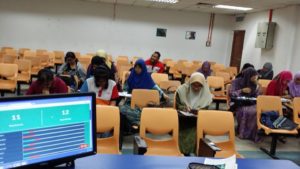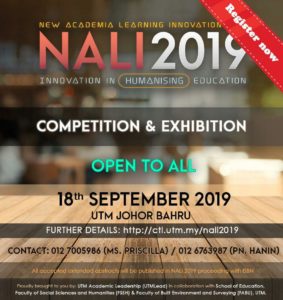A recent message about burn out that was shared by a colleague makes me think about my friend. What makes her to be depressed? Is it triggered by burn out that she experience but go unnoticed? Now, she has to take medication twice a day to regulate her state of well-being. She has become medically dependent person. I asked her, “How do you feel if you forget taking the medication once?” She would say the effect would be immediate. She won’t be able to fall asleep (stay awake more than 24 hours) and has difficulty to focus (due to sleep deprivation). She said “I cannot ‘function’ and I will start to imagine things“. That’s serious. Since she was professionally diagnosed as having a depression, she was on medical leave for undisclosed period of time.
But to tell the truth, it is not easy to distinguish between burn out and depression or to differentiate between burn out and stress unless we get someone who are clinically trained to do the diagnosis. No one is immune of depression. There are many cases of people who seem to have everything succumb to the bout of depression. Some even inflict harm towards others or themselves.
So, in this matter, one has to be vigilant and aware about one’s well-being. Also, administrators too play important role to support and be emphatic to those who have started to show some “symptoms”. Sometime, we overlook the physical symptoms that indicate underlying psychological problems that we might have.
Of course, one can easily use depression, burn out and stress as an excuse of being less productive. But, if we look at the person from different angle, does he/she display any symptom that indicate psychological problems that we should be aware of? Is it fair to “punish” this person as being less productive and thus he/she is given low evaluation for the yearly appraisal even though he/she could not perform well due to undiagnosed psychological problems?
It is an paradoxical phenomenon. But perhaps in this rat race world, we need to be more emphatic towards each other, especially towards our own self. Sometimes, we are more concerned about others and thus, we tend to overlook in taking care of ourselves.






